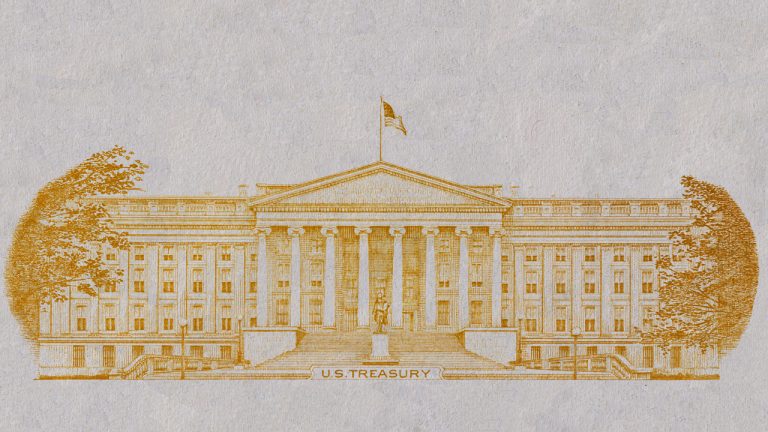
The Coinbase CEO has been hugely critical of the U.S. failure to provide the crypto industry with regulatory clarity and has long argued it will push firms offshore.
“Adversary nations” like China could ultimately benefit from restrictive crypto policies in the United States, warns Coinbase CEO Brian Armstrong.
In a May 30 op-ed for MarketWatch, Armstrong again warned that while recent turbulence in crypto markets might tempt U.S. policymakers “to write it off as an unstable asset class,” doing so could see the U.S. cede its status as a financial leader and innovation hub.
In today's @MarketWatch I'm sharing an op-ed encouraging policymakers to see the big picture with crypto. It's important for American technology leadership and national security that this industry be built (at least in part) in America. https://t.co/I1702aHDGf
— Brian Armstrong ️ (@brian_armstrong) May 30, 2023
Armstrong urged policymakers to see that crypto is “about much more than individual transactions,” but represents a “transformative technology” that can revolutionize a variety of sectors — highlighting its ability to provide creators with royalties for secondary market transactions as an example and adding:
“Crypto, like the internet before it, has the potential to modernize finance and numerous other sectors, from supply chains to social media, by offering a faster, cheaper, more private, and accessible platform.”
Through his status as a public figure and head of Coinbase, Armstrong has long been pushing for U.S. policymakers to provide the crypto industry with regulatory clarity that can help realize crypto’s potential whilst protecting consumers.
Coinbase has continued to ask for clarity from the U.S. Securities and Exchange Commission around which digital assets qualify as securities and has argued against the agency’s “regulation by enforcement” approach. SEC chair Gary Gensler has previously argued that digital assets already fall under existing securities regulations.
Related: SEC settles case against Wahi brothers for Coinbase insider trading
In the op-ed, Armstrong added it was unsurprising that Hong Kong is positioning itself to be a global crypto hub, as China looks to challenge the U.S.’s role as the global financial leader in a variety of ways — such as the recent launch of the digital yuan and Belt and Road Initiatives.
Xi calls for deep alignment between Belt and Road Initiative and Eurasian Economic Union #BRI #China
— Zhang Heqing (@zhang_heqing) May 25, 2023
Chinese President Xi Jinping on Wednesday called for a deeper synergy between the Belt and Road Initiative (BRI) and the Eurasian Economic Union (EAEU) as China looks to enhance… pic.twitter.com/bwFcXIvgk4
He warned that failing to pass comprehensive crypto legislation would result in the U.S. needing to play catch-up and spend billions to bring innovation back to the U.S., but noted that even with a “colossal and sustained effort” it might be too late by then.







